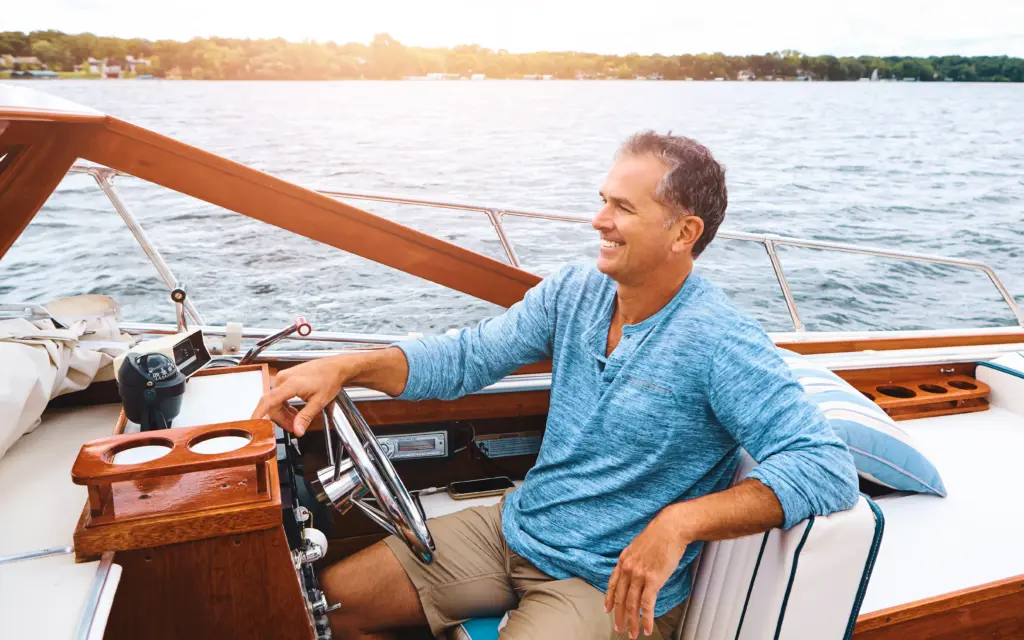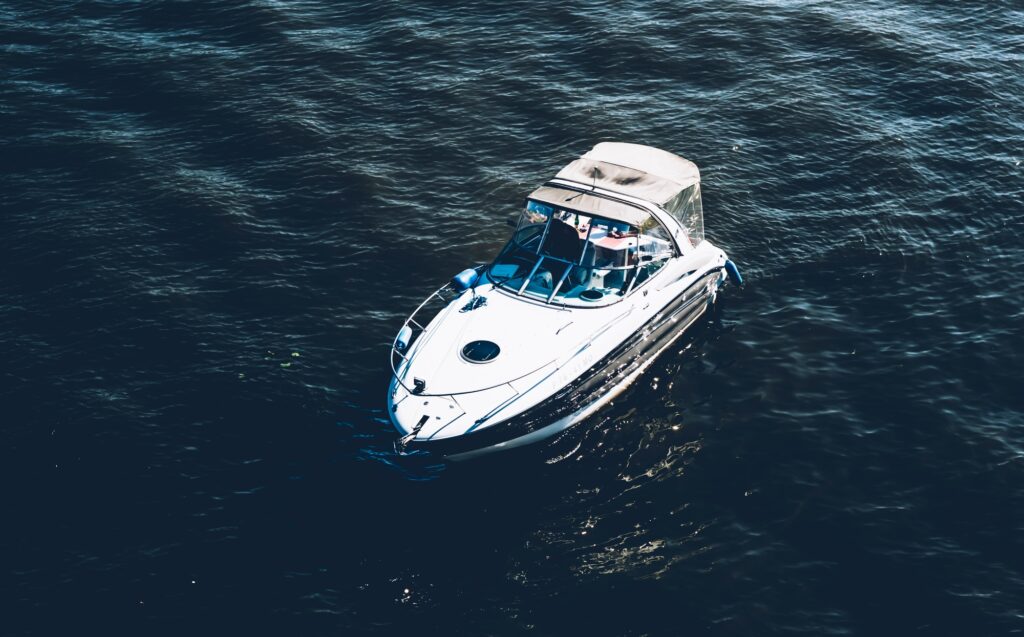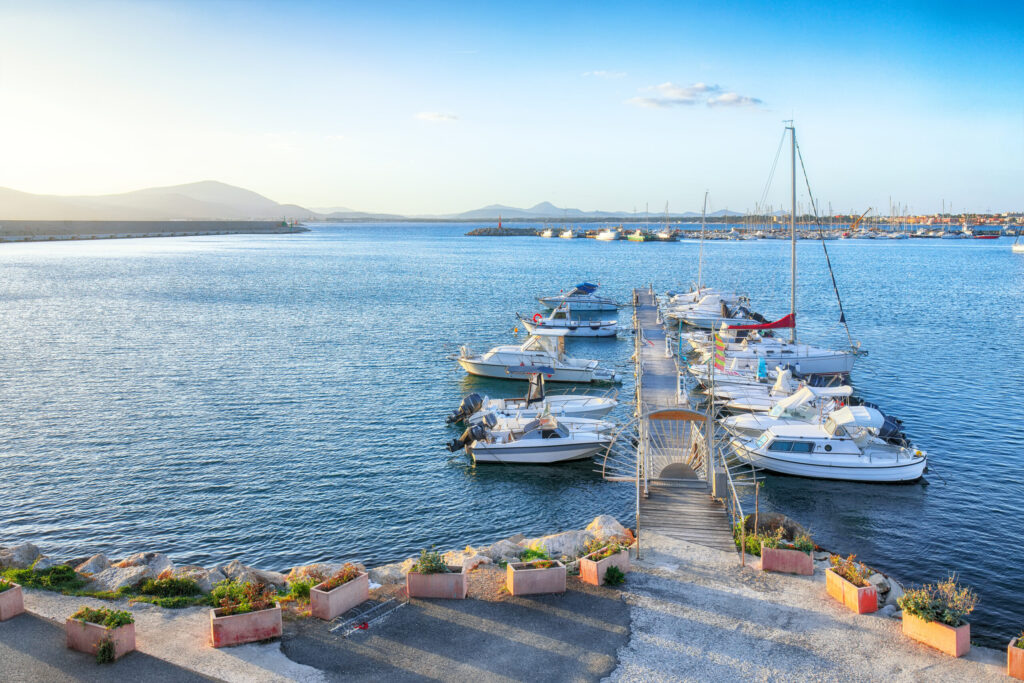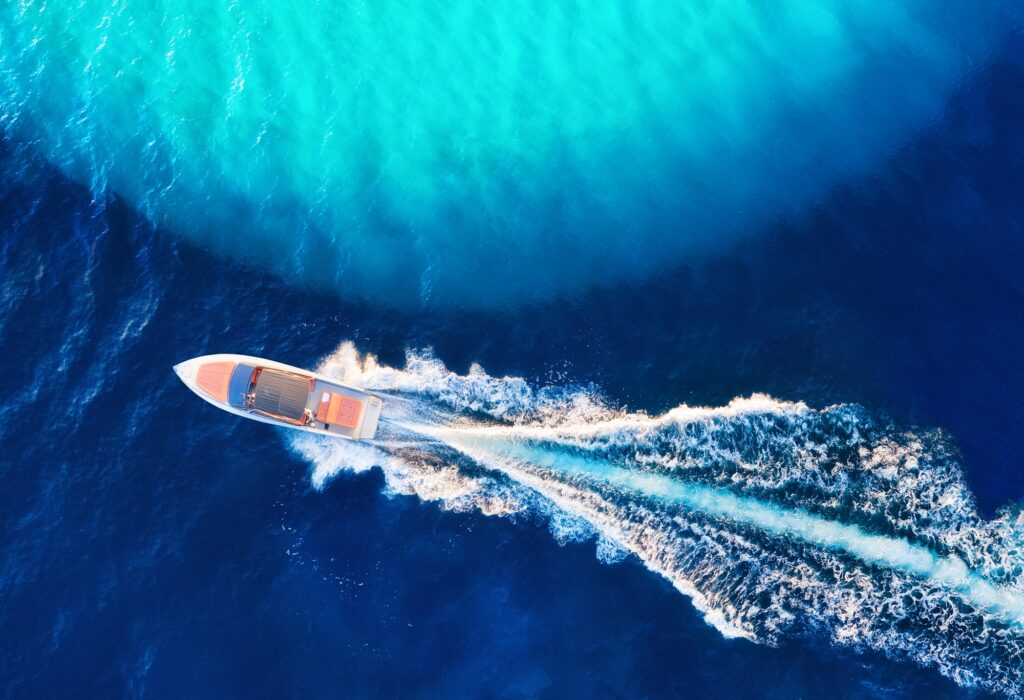For many, the dream of boat ownership represents freedom, adventure, and quality time on the water. Yet before signing loan papers or docking at a marina, it is important to ask the question: how much does owning a boat cost? The truth is that the purchase price is just the beginning. Boat ownership involves ongoing expenses that cover financing, insurance, fuel, storage, maintenance, and registration. Understanding these costs in detail allows potential owners to plan wisely, protect their investment, and avoid surprises. While exact amounts vary based on boat size, region, and usage, there are common categories every owner should prepare for.

The Initial Purchase Price
The most obvious expense when asking how much does owning a boat cost is the purchase itself. Prices vary dramatically, from a modest used fishing boat under $10,000 to luxury yachts that reach into the millions. Financing often makes ownership possible by spreading payments over years. Loan terms typically range from five to twenty years, depending on vessel size and borrower profile. Many buyers pursue boat loan pre-approval to better understand what monthly payments will look like. While purchase price sets the foundation, it is only the start of the financial commitment.
Financing Costs
Financing plays a major role in determining total ownership cost. Interest rates, loan terms, and down payments directly affect affordability. A $100,000 boat financed over fifteen years at a 7 percent interest rate will cost significantly more than its sticker price once interest is factored in. Buyers often explore financing options later to reduce monthly payments or adjust loan structures. For anyone evaluating how much does owning a boat cost, financing should be considered not only in terms of monthly payments but also in terms of total repayment over the life of the loan.

Insurance Expenses
Boat insurance is another necessary cost that varies depending on vessel size, age, cruising region, and intended use. Premiums for small boats may run a few hundred dollars annually, while yachts may require policies costing thousands or tens of thousands each year. Coverage protects against accidents, liability, theft, and storm damage. Insurers often require proof of safety certifications or boating licenses to issue policies. Resources like Investopedia provide helpful overviews of marine insurance, highlighting why it is non-negotiable for responsible owners.
Storage and Docking Fees
Where a boat is kept has a major impact on annual costs. Marina slip fees in high-demand coastal areas can exceed $10,000 annually, while inland lakes often have lower rates. Dry storage options may be more affordable, but convenience is reduced. Seasonal considerations also matter, as winter storage is essential in colder climates. When considering how much does owning a boat cost, docking and storage should always be included as recurring annual expenses. The difference between marina-based and trailerable boats highlights how storage impacts affordability.

Fuel Costs
Fuel expenses vary widely depending on vessel size and frequency of use. A small outboard motor may use a few gallons of fuel on a weekend outing, while larger powerboats or yachts can consume hundreds of gallons in a single trip. At current fuel prices, this translates into thousands of dollars annually for active boaters. Those considering how much does owning a boat cost should estimate fuel usage realistically, based on planned activities such as fishing, cruising, or long-distance voyages.
Maintenance and Repairs
Maintenance is one of the most significant ongoing expenses in boat ownership. Annual costs often equal 10 to 20 percent of the vessel’s purchase price. This includes routine engine service, hull cleaning, painting, and replacement of worn parts. Unexpected repairs, such as engine overhauls or electrical issues, can add thousands of dollars more. Keeping detailed maintenance records not only preserves value but also helps secure financing or insurance. For yacht owners, these costs can rise substantially, making maintenance one of the largest contributors when calculating how much does owning a boat cost.

Registration and Taxes
Registration requirements and associated fees vary by state. Annual costs may range from modest fees under $100 to several hundred dollars depending on boat size and location. Sales tax or use tax is also assessed at the time of purchase in many states. The U.S. Coast Guard requires documentation for certain vessels, which comes with additional costs. When evaluating how much does owning a boat cost, regulatory and tax obligations should not be overlooked, as they are recurring and enforceable by law.
Depreciation
Boats depreciate over time, which influences both resale value and overall cost of ownership. A new boat may lose 20 to 30 percent of its value in the first year alone. After several years, depreciation slows but continues steadily. Buyers need to recognize that depreciation is a hidden cost of ownership, reducing equity in the vessel. Some categories, such as popular fishing boats or well-maintained yachts, may retain value better than others. Understanding depreciation is essential when asking how much does owning a boat cost from a long-term perspective.

Case Example: Mid-Sized Cruiser
Consider a buyer purchasing a $120,000 mid-sized cruiser. Financing over fifteen years at 7 percent results in monthly payments of around $1,080, totaling nearly $195,000 after interest. Insurance premiums may be $2,000 annually, docking $6,000, fuel $4,000, and maintenance $12,000. Registration and taxes may add another $1,500. Combined, annual expenses approach $25,000, not including loan payments. Over a decade, the total cost of ownership could exceed $400,000. This case illustrates why asking how much does owning a boat cost requires looking beyond the purchase price to the ongoing financial commitment.
Luxury Yacht Ownership Costs
For yacht buyers, costs increase significantly. Annual crew salaries, advanced insurance, premium marina slips, and higher fuel consumption can bring yearly expenses into the hundreds of thousands or even millions. Financing terms may extend twenty years, spreading costs but increasing interest. Yacht financing becomes essential for many buyers, with lenders requiring detailed appraisals and proof of financial stability. Luxury yachts exemplify the highest level of ongoing expenses when considering how much does owning a boat cost.

Conclusion
So, how much does owning a boat cost? The answer goes far beyond the sticker price. From financing and insurance to fuel, maintenance, docking, and depreciation, the true cost of ownership requires careful planning. Buyers should prepare for annual expenses equal to 10 to 20 percent of the boat’s value, with luxury vessels commanding even greater commitments. By understanding these costs upfront, boaters can make informed decisions that align with both their lifestyle and financial goals. Float Finance helps buyers navigate this process by offering tailored loan solutions that support responsible and sustainable boat ownership.
